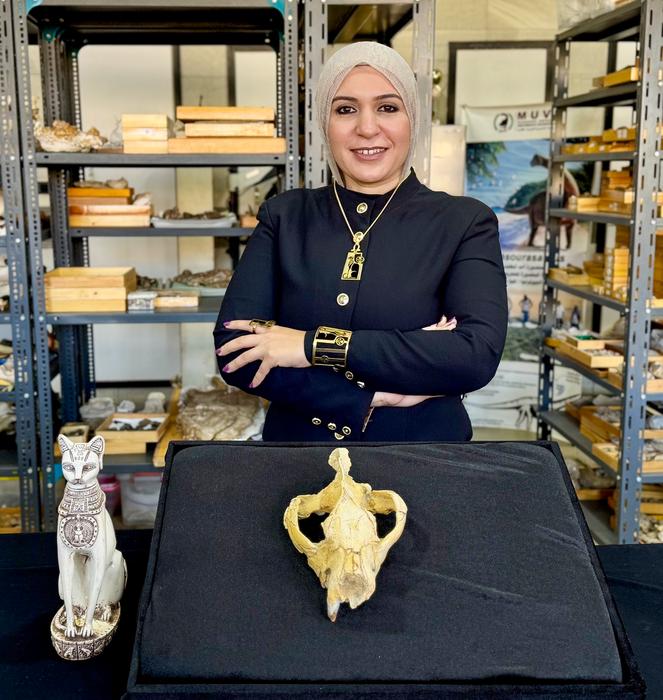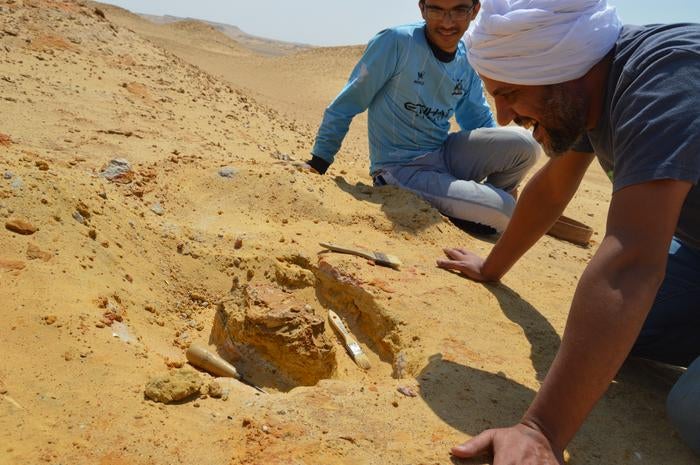Your support helps us tell the story
From reproductive rights to climate change to large technology, independent on the ground when the story develops. Whether it is investigating the financial statements of Elon Musk’s Pro-TROMP PAC or the production of our latest documentary films, “The Word”, which shines sheds light on American women fighting for reproductive rights, we know how important it is to analyze the facts from the correspondence.
At this critical moment in the history of the United States, we need correspondents on the ground. Your donation allows us to continue to send journalists to speak to both sides of the story.
Independents are trusted by Americans all over the entire political spectrum. Unlike many other quality news means, we choose not to remove Americans from preparing our reports and analyzes using Paywalls. We believe that quality journalism should be available to everyone, and pay for it by those who can bear its costs.
Your support makes all the difference.
Archaeologists announced a rare and unusual discovery in the Egyptian desert.
Scientists have found an almost a full skull for a new “top top” predator of 30 million years old.
“We were also about to conclude our work, one of the team members discovered a wonderful thing-a group of large teeth that come out of the ground,” said the excavation scientist Shorouk Al-Ama’ah, from the University of Mansur and the American University in Cairo, in A, in A. statement.
Ashkar was a major author of a study published on Monday in Vertebrate Magazine Magazine.
“Fear meat” is a new type of ancient Hinodonnetta: fatal and graceful mammals the size of the modern leopard.
Known as BastTodonThe animal had sharp teeth and a strong bite to tear its prey, including Hyraxes, early elephants, river mares, and monkeys that lived in the previous Fayum forest.
Hyaenodonts that were caught in African ecosystems after the extinction of dinosaurs.
BastTodon The name of the Egyptian goddess headed by the cat, which symbolizes protection, pleasure and good health. It was also a recognition of a cat -like cat and the area where the skull was found.
However, in addition to this wonderful discovery, researchers have been able to understand more about a new type discovered more than 120 years ago.

Group SekhmetopsHyaenodonts was discovered the size of the lion in FayUM rocks, within a European group. Sekhmetops It was called to honor the gods of anger and war.
Now, the researchers say it actually belongs to a group of Hyaenodonts that arose in Africa, such as BastTodon.
In 2019, excavation scientists-including the co-author of the new study, Dr. Matthew Portz-announced the discovery of Hyaenodont fossils in Kenya about a new type of polar bear, named Simbakubwa kutokaafrika.

Relatives of Africa spread in the waves, and by 18 million years, their relatives were among the largest meat festivals in mammals who were ever walking.
The climate and tectonic transformations in the continent Africa opened the relatives of cats, dogs and modern phones. Hyaenodonts has become eaten.
“discovery BastTodon It is a great achievement in understanding the diversity and development of Hyaenodonts and its global distribution. “